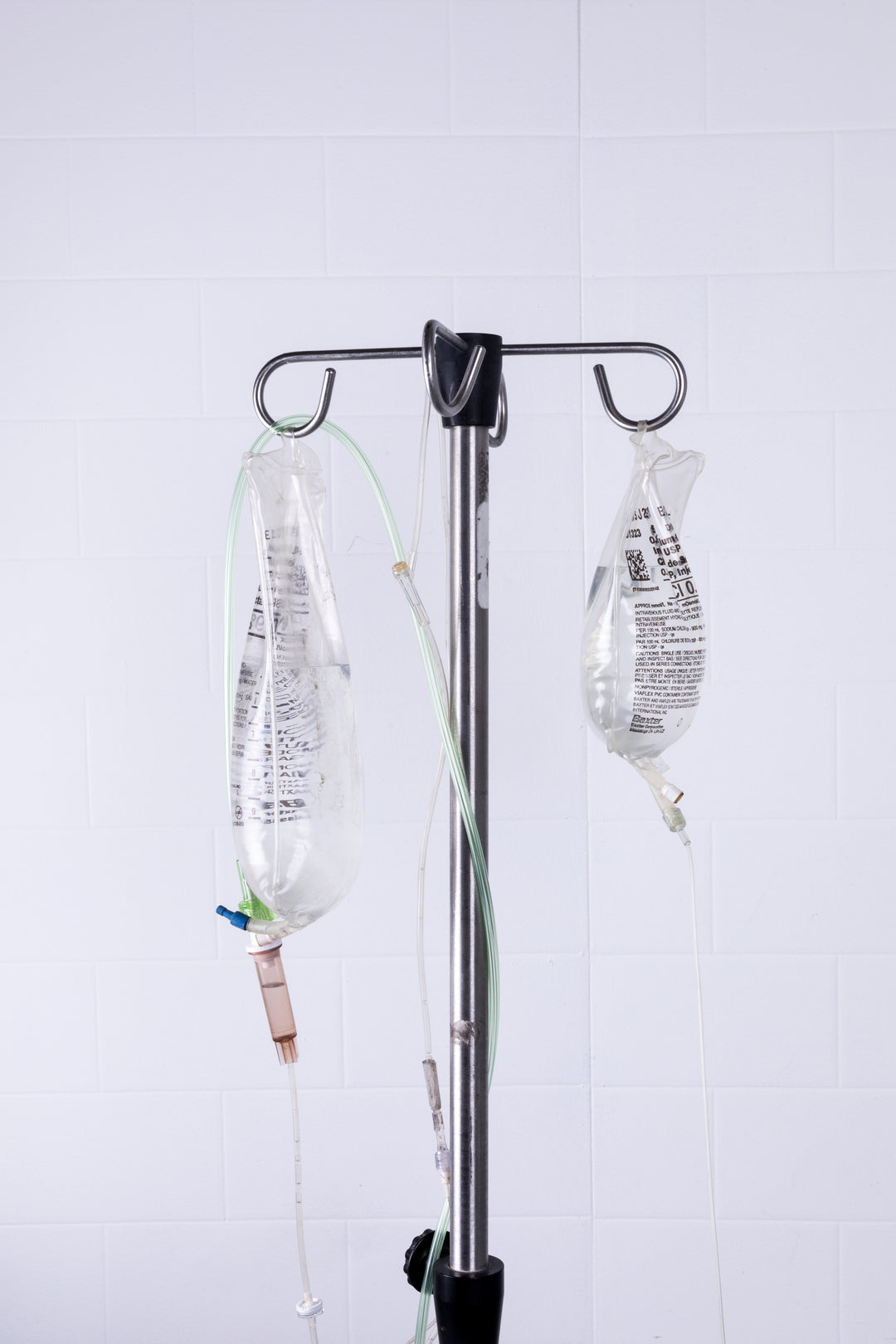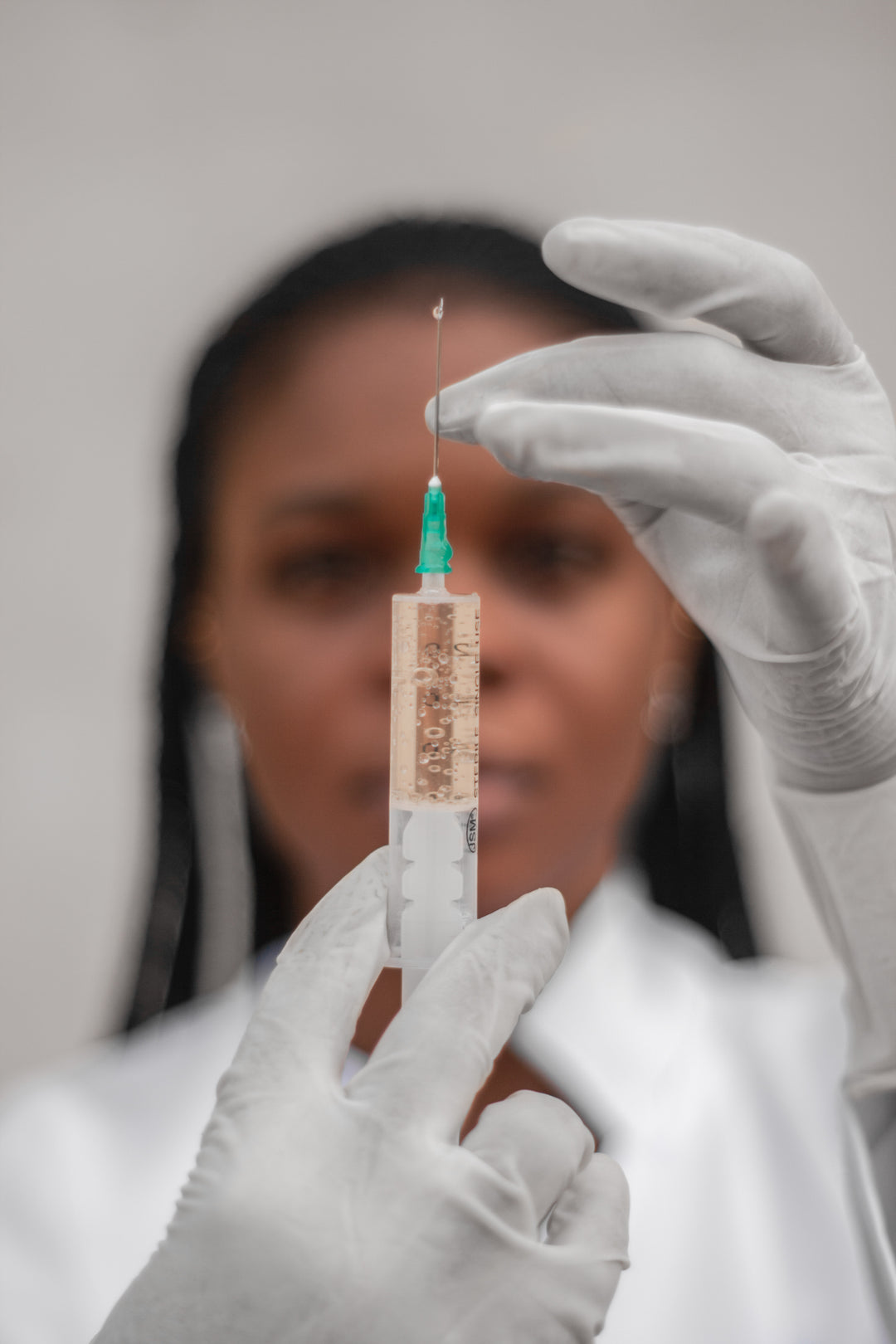Monoclonal Antibodies for Treatment of COVID-19
If you have recently tested positive for COVID-19 and have had symptoms for 10 days or less, talk to your health care provider to see if monoclonal antibody therapy is an option for you or find a treatment center near you. Some people may qualify for preventative treatment before showing symptoms. If you have been exposed to COVID-19, talk to your health care provider for more.


COVID-19 Pre-Exposure Injections With Monoclonal Antibodies
EVUSHELD is a monoclonal antibody therapy that aims to prevent COVID-19 in adults and adolescents aged 12 and over who meet eligibility criteria. A single dose that consists of two separate injections provides long-lasting protection against the COVID-19 virus in individuals who are not currently infected with the virus.
FAQs
Do you have any questions?
What are Monoclonal Antibodies?
Monoclonal antibodies are lab-created proteins that mimic the immune system’s ability to fight off viruses and diseases. Bebtelovimab is a monoclonal antibody therapy directed against SARS-CoV-2, designed to block the virus’ attachment and entry into human cells. Currently, bebtelovimab is the only monoclonal antibody authorized for treatment of COVID-19.
The treatment is shown to:
*Reduce the risk of hospitalization
*Reduce symptom severity
Who is eligible for monoclonal antibody treatment?
All high-risk adults and high-risk youth ages 12-17 who weigh at least 88 pounds may be eligible for treatment.
High-risk factors can include:
Older age
Obesity or being overweight
Pregnancy
Chronic kidney disease
Diabetes
A weakened immune system or taking medicine that weakens your immune system
Heart disease including high blood pressure
Lung disease such as COPD, asthma, or cystic fibrosis
Sickle cell disease
Cerebral palsy or other developmental conditions
Regular use of a feeding tube or ventilator
Other non-medical factors such as race or ethnicity may also put individuals at higher risk for severe COVID-19. Patients who have recently tested positive for COVID-19 and have had symptoms for 10 days or less, should talk to their healthcare provider to see if monoclonal antibody treatment is right for them.
Additionally, people who are not fully vaccinated or who have immunocompromising conditions, including those taking immunosuppressive medications, and have either been exposed to COVID-19 or are at high risk of exposure due to where they live or work may qualify for preventative treatment. Talk to your health care provider or find a treatment center.
This treatment is not a substitute for vaccination against COVID-19.
Who cannot receive monoclonal antibody therapy?
Monoclonal antibodies are not authorized for use in patients who:
Are hospitalized due to COVID-19
Require oxygen therapy due to COVID-19
Require an increase in baseline oxygen flow rate due to COVID-19
in those on chronic oxygen therapy due to an underlying non-COVID-19 related condition
Are between the ages of 12-17 and weigh less than 88 pounds
Are under age 12
How soon does someone need to receive monoclonal antibody therapy after testing positive for COVID-19?
Monoclonal antibodies must be administered within 10 days of a person’s first COVID-19 symptoms and after a positive test. The sooner a person receives treatment, the better.
How is monoclonal antibody therapy different from the COVID-19 vaccines?
A vaccine protects you from COVID-19 by triggering your body’s natural immune response if you are exposed to COVID-19. This is your best protection from COVID-19. Monoclonal antibody treatment is for people who have tested positive for COVID-19 and gives your body the antibodies it needs to protect itself.
How do I take monoclonal antibodies?
Monoclonal antibodies are administered by health care professionals through an intravenous (IV) infusion or through a shot (subcutaneous injection). The infusion takes anywhere from 20 to 60 minutes to complete, followed by 60 minutes of observation by your health care provider.
Will my insurance cover monoclonal antibody therapy?
The federal government is distributing antibody therapies at no cost to patients. However, healthcare providers may bill insurance companies to administer the drug.
What monoclonal antibody products are currently available?
Casirivimab + Imdevimab
Manufactured by Regeneron Pharmaceuticals, Inc.
Authorized for emergency use on November 21, 2020
Sotrovimab:
Manufacuted by GlaxoSmithKline LLC
Authorized for emergency use on May 26, 2021